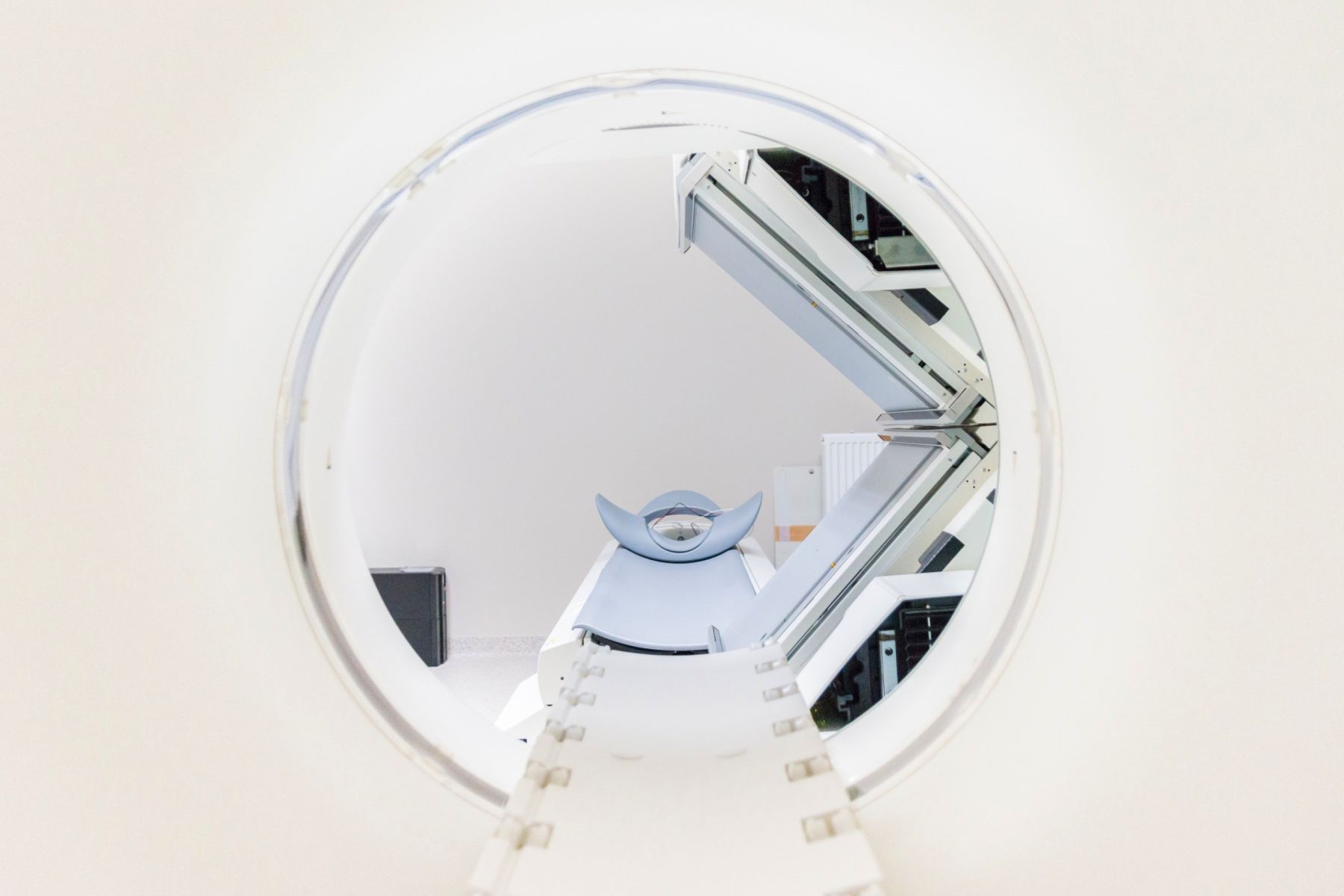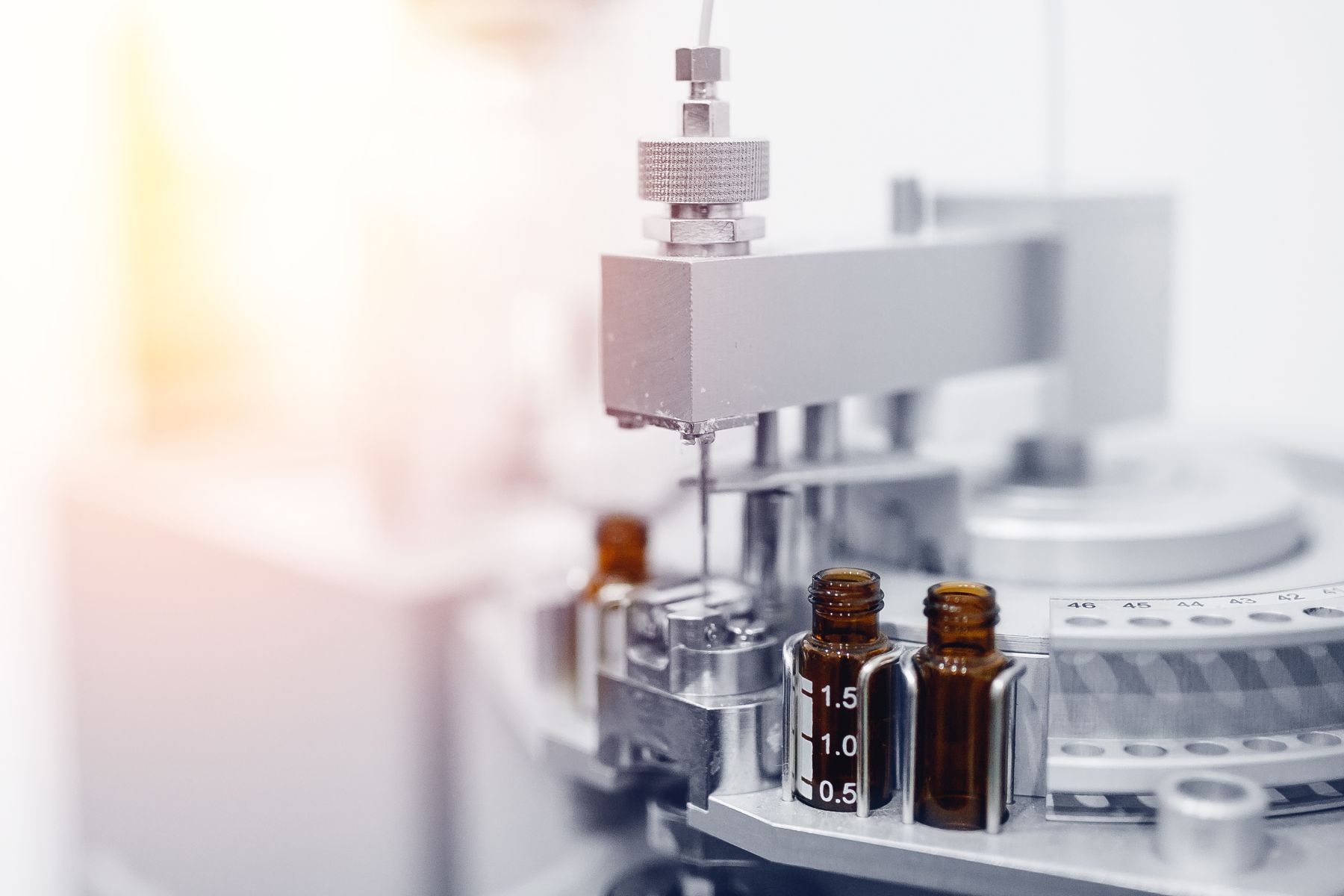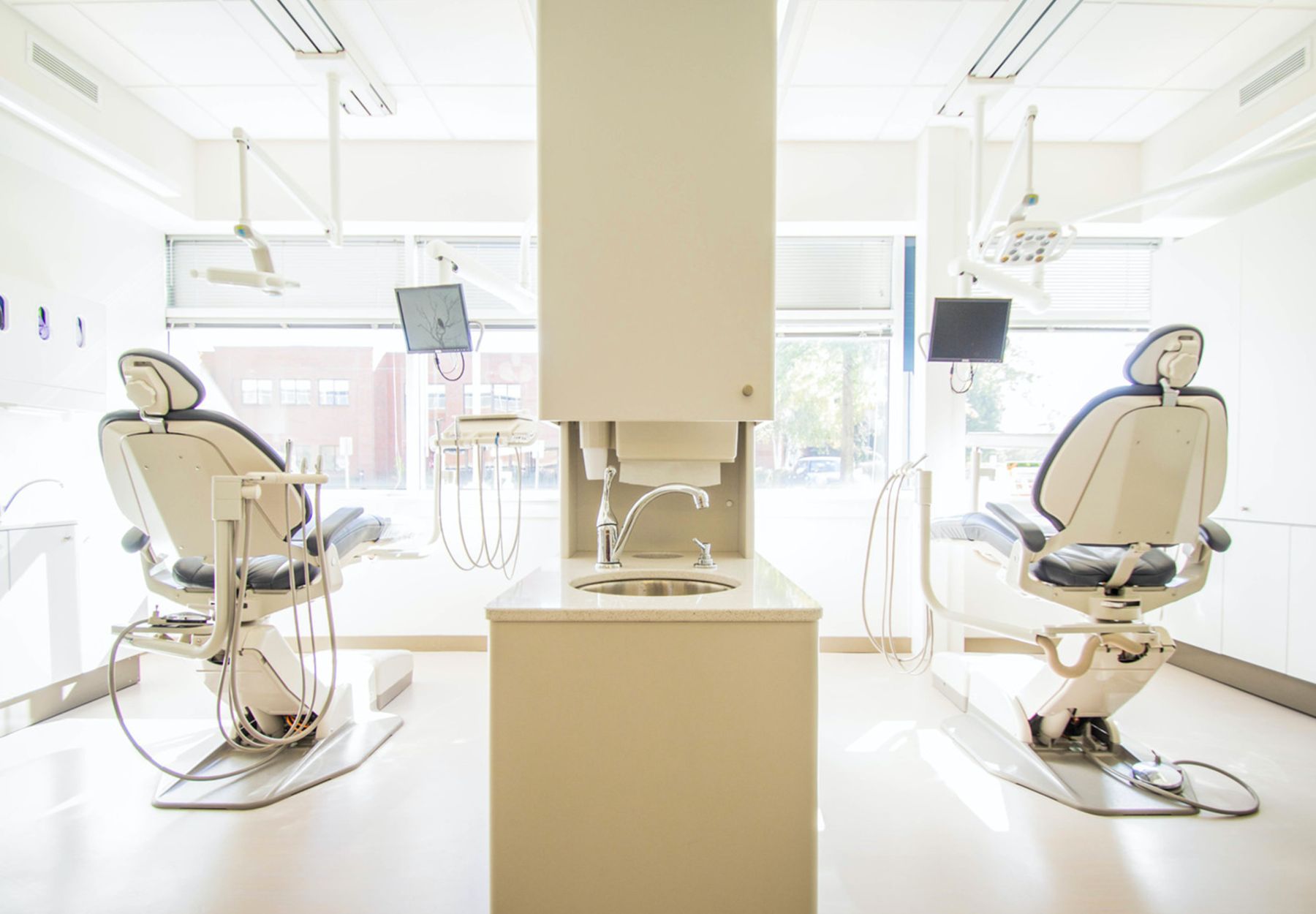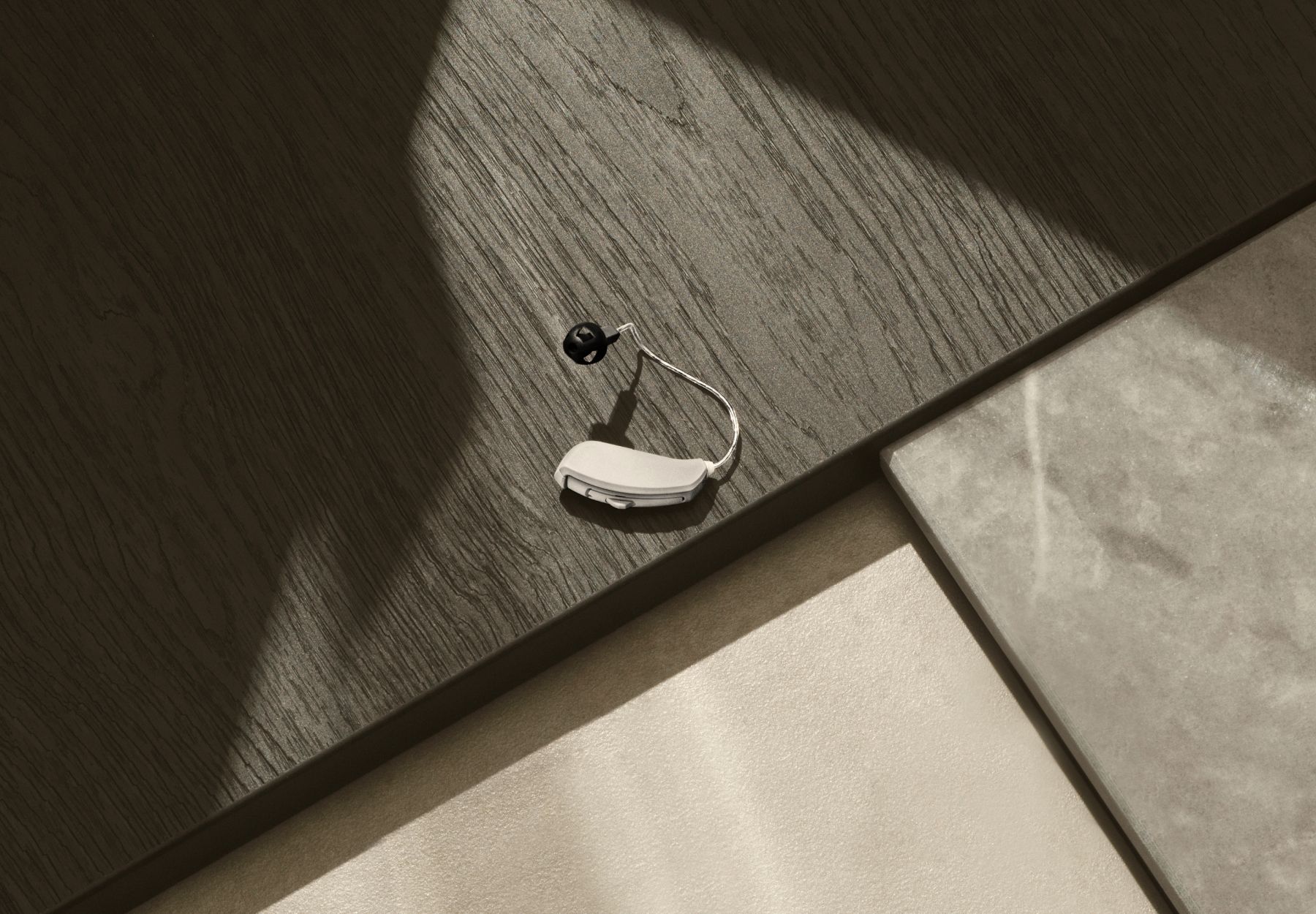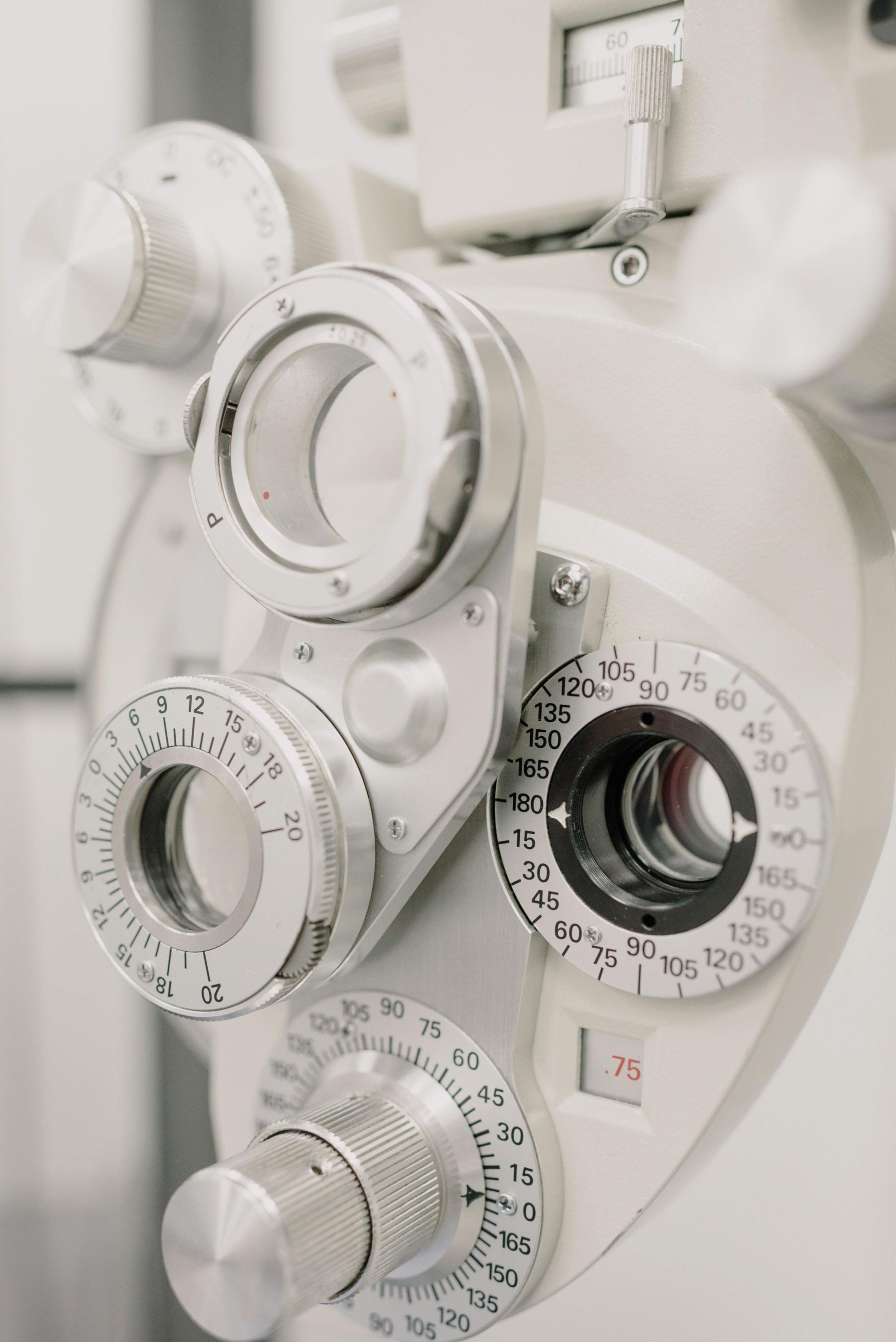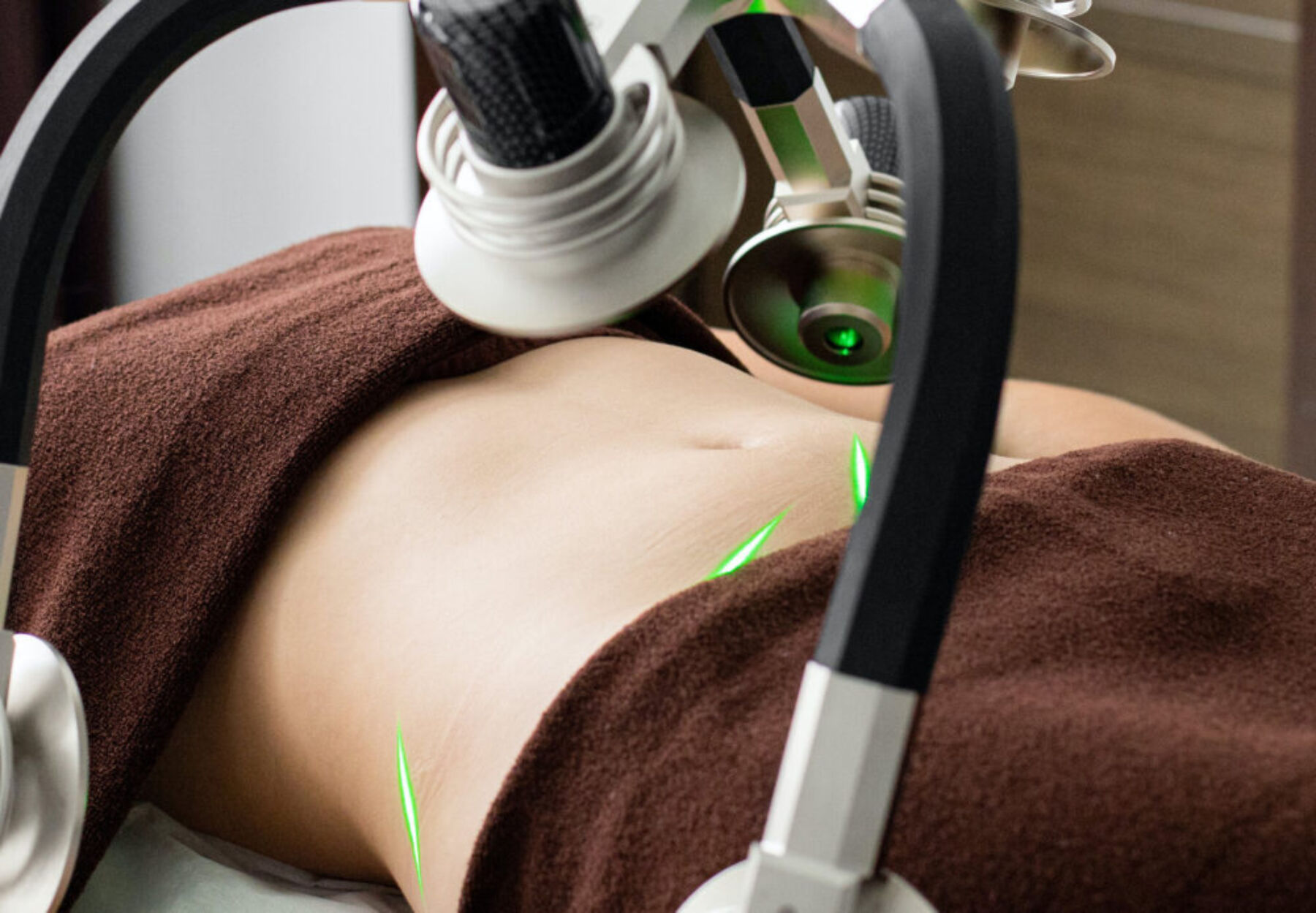Trial for blood test that could detect more than 50 types of cancer before symptoms appear.
NHS Launches World First Trial for New Cancer Test
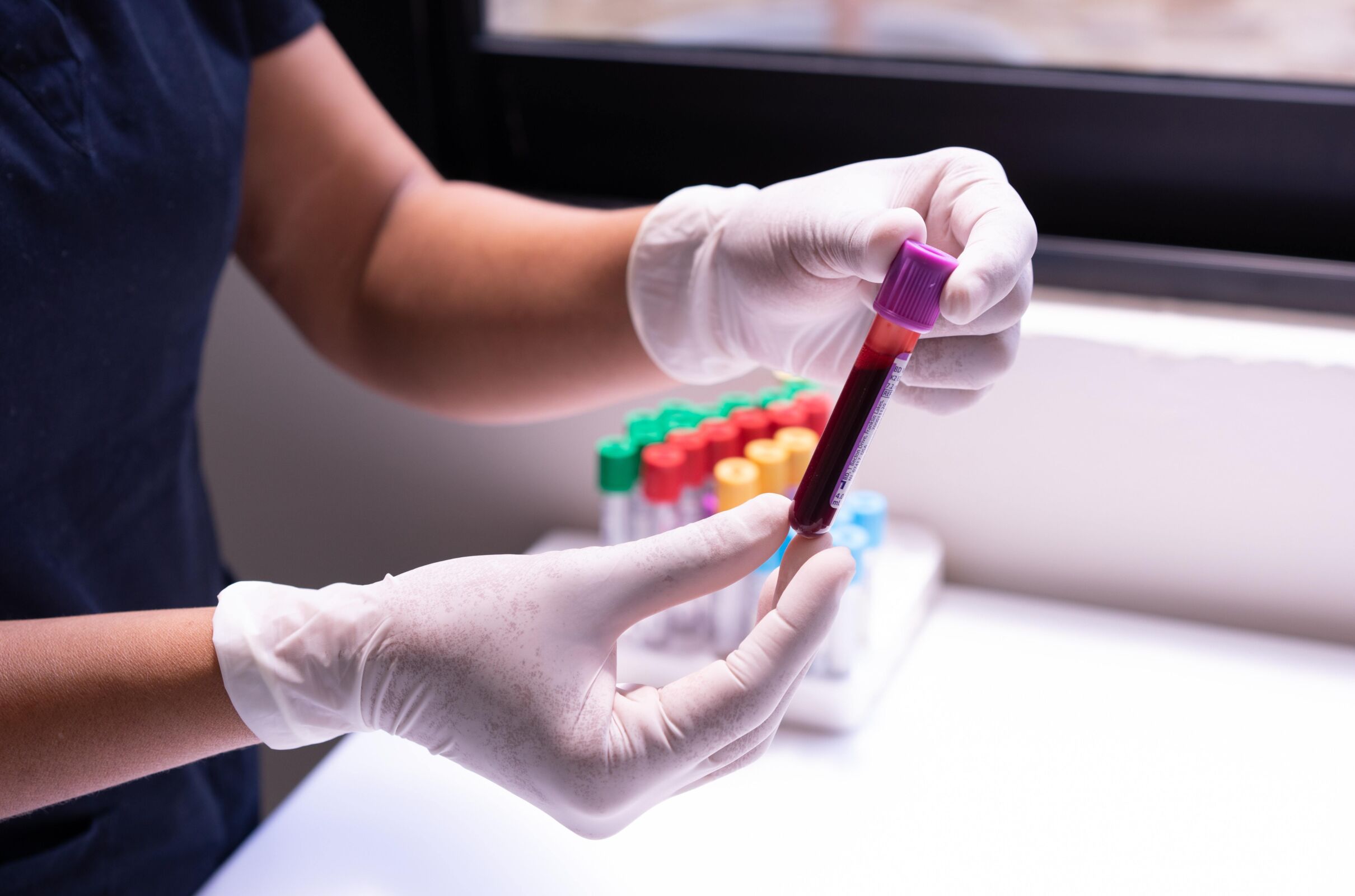
The first people to take part will have blood samples taken at mobile testing clinics in retail parks and other convenient community locations.
The Galleri(tm) test checks for the earliest signs of cancer in the blood and the NHS-Galleri trial, the first of its kind, aims to recruit 140,000 volunteers in eight areas of England to see how well the test works in the NHS.
NHS chief executive Amanda Pritchard said: “This quick and simple blood test could mark the beginning of a revolution in cancer detection and treatment here and around the world.
“By finding cancer before signs and symptoms even appear, we have the best chance of treating it and we can give people the best possible chance of survival.
“The NHS has a successful track record of leading the way on innovations in cancer diagnosis and treatment, from CAR-T therapy to COVID-friendly drugs.
“The Galleri blood test, if successful, could play a major part in achieving our NHS Long Term Plan ambition to catch three quarters of cancers at an early stage, when they are easier to treat.
“So if you are invited, please take part – you could be helping us to revolutionise cancer care and protect yourself.”
Dame Cally Palmer, NHS National Director for Cancer, said: “It is an absolute priority to speed up the earlier detection of cancer to improve survival, and this trial has the potential to do just that across a range of types of cancer. We are very grateful to all the people who will be taking part in this important initiative, which could help us save many more lives in the future.”
The test is a simple blood test that research has shown is particularly effective at finding cancers that are typically difficult to identify early – such as head and neck, bowel, lung, pancreatic, and throat cancers.
Participants, who must not have had a cancer diagnosis in the last three years, will be asked to give a blood sample at a locally based mobile clinic and they will then be invited back after 12 months, and again at two years, to give further samples. The trial is part of the NHS’s efforts to increase the proportion of cancers detected early by the end of the Long Term Plan.
The NHS-Galleri trial is being run by The Cancer Research UK and King’s College London Cancer Prevention Trials Unit in partnership with the NHS and healthcare company, GRAIL, which has developed the Galleri test.
It is operating with the support of eight NHS Cancer Alliances across England that span Cheshire and Merseyside, Cumbria, Greater Manchester, the North East, West Midlands, East Midlands, East of England, Kent and Medway, and South East London. For the purposes of the trial, only people living in these areas will be invited.
Initial results of the study are expected by 2023 and, if successful, the NHS in England plans to extend the rollout to a further one million people in 2024 and 2025.
Patients whose cancer is found early – known as stage one or two – typically have a broader range of treatment options available to them, which can be curative and are often less aggressive.
A patient whose cancer is diagnosed at the earliest stage typically has between five and 10 times the chance of surviving compared with those found at ‘stage four.’
Health and Social Care Secretary Sajid Javid said: “The UK’s world leading scientists continue to pioneer innovative cancer diagnosis and treatments so our brilliant NHS staff have the tools to spot the disease as early as possible and give people the care they need.
“Ensuring fewer people need treatment for advanced cancer is vital for patient care and another example of the NHS innovating to be more efficient – which will be crucial in bringing down the backlog.”
Prof Peter Sasieni, Director of The Cancer Research UK & King’s College London Cancer Prevention Trials Unit and one of the trial’s lead investigators, said: “We need to study the Galleri test carefully to find out whether it can significantly reduce the number of cancers diagnosed at a late stage. The test could be a game-changer for early cancer detection and we are excited to be leading this important research.
Cancer screening can find cancers earlier when they are more likely to be treated successfully, but not all types of screening work.”
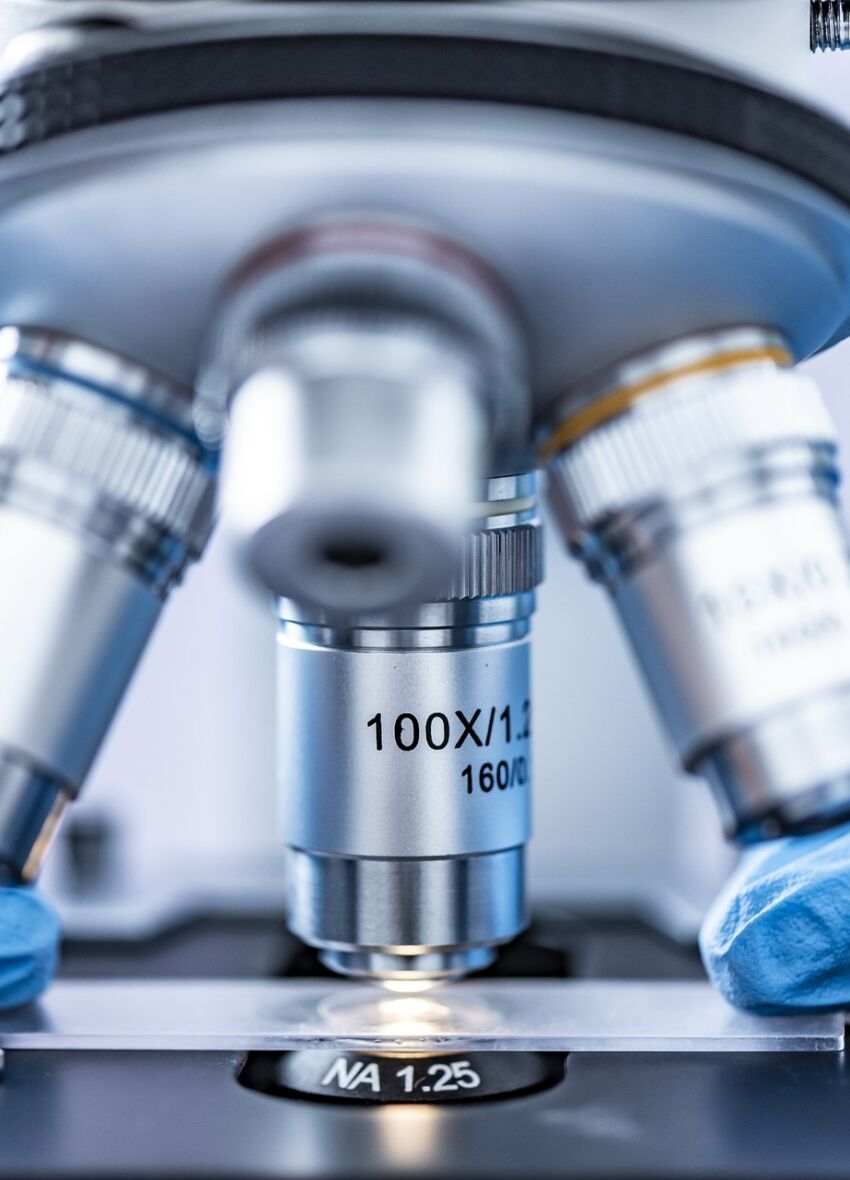

The NHS-Galleri study is a Randomised Control Trial (RCT) – meaning that half the participants will have their blood sample screened with the Galleri test right away and the other half will have their sample stored and may be tested in the future. This will allow scientists to compare the stage at which cancer is detected between the two groups.
People will only know they’re in the test group if they are among the small minority whose test detects potential signals of cancer in their blood. These people will be contacted by the trial nurse by phone and referred to an NHS hospital for further tests.
All participants will be advised to continue with their standard NHS screening appointments and to still contact their GP if they notice any new or unusual symptoms.
Sir Harpal Kumar, President of GRAIL Europe, said: “We’re delighted to partner with the NHS to support the NHS Long Term Plan for earlier cancer diagnosis, and we are eager to bring our technology to people in the UK as quickly as we can. The Galleri test can not only detect a wide range of cancer types but can also predict where the cancer is in the body with a high degree of accuracy. The test is particularly strong at detecting deadly cancers and has a very low rate of false positives.”
Stuart Devereux, a serving fire brigade officer, will be among the first participants in the NHS-Galleri trial in Runcorn. He said: “Being able to contribute to this study that could save many lives was a very easy decision to make, and it’s not going to take up much of my time. Working in the fire service, we save lives by preventing rather than fighting fires and in a similar way I’m keen to be involved in helping the NHS to trial new technology that can detect cancer before symptoms appear. We will only make progress in tackling cancer if people come forward for trials like this.”
